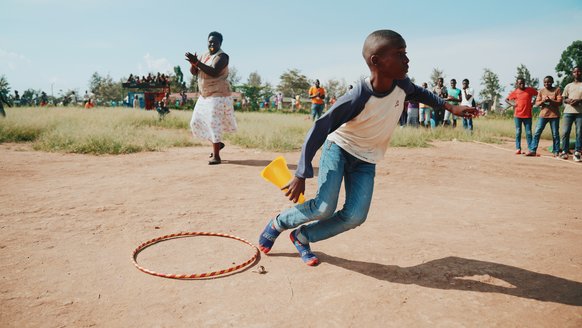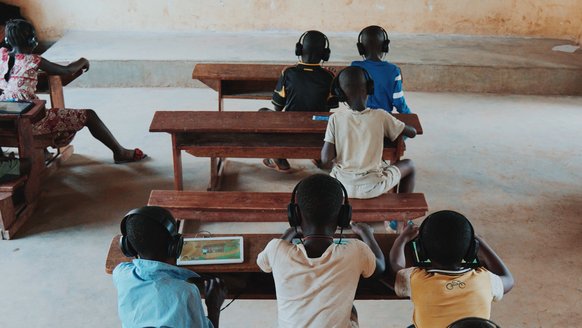Uganda’s refugee children in urgent need of mental health support
June 20, 2020
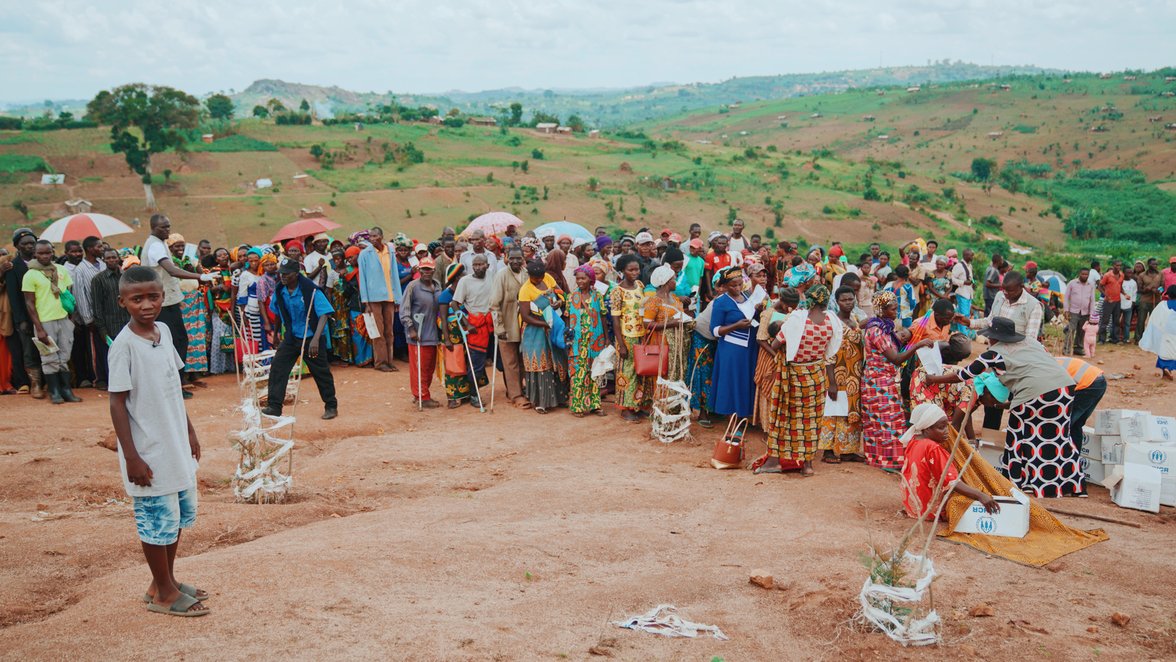
UNHCR's annual Global Trends report released today shows that the number of people forced to flee their homes due to war and conflict is at record high. By the end of 2019, the worldwide number stood at an unprecedented 79.5 million people. Of these, 40% are children. And while their immediate threat of violence might be curtailed, refugee and displaced children globally continue to need urgent mental health support to process their experiences. Take the children in Uganda’s overcrowded refugee camps and settlements.
Growing numbers
Despite its status as one of the poorest countries in the world, Uganda continues to welcome huge numbers of refugees with open arms. It is currently host to more than 1.4 million refugees and thanks to a unique reception model, the country offers refugees the opportunity to work, study and set up their own plot of land.
But the numbers are growing. One of the refugee settlements – Kyaka II - in western Uganda – is currently home to some 100,000 people, mainly refugees from Burundi, DR Congo and South Sudan. Every week, almost another 1,000 new refugees arrive.
Historic cruelty
During the bloody dictatorship of Idi Amin in the 1970s, Ugandans experienced displacement in all its cruelty. The former President and military officer is responsible for the death of hundreds of thousands of victims.
Following his rule, the population fell into the grips of the rebel group Lord’s Resistance Army (LRA) led by Joseph Kony, notorious for the kidnapping of thousands of children to use as sex slaves and child soldiers.
High-risk setting
Despite Uganda’s smart vision, refugees in Kyaka II face a number of major risks and challenges. Basic needs aren’t always met – such as a growing lack of food and water. And there is still a lot to be achieved in the way of psychosocial support services.
In the settlement, children get bored – going over and over everything they have been through. Suicide rates are high due to lack of prospects for the future. Settlement Commandant Robert sees these dangers all too readily and is striving to introduce more activities for children and young people that help them learn to deal with their emotions. "We expect children and young people to pick up their lives again”, he says. “But the lack of education and having trauma or post-traumatic stress disorders does not make it easy.”
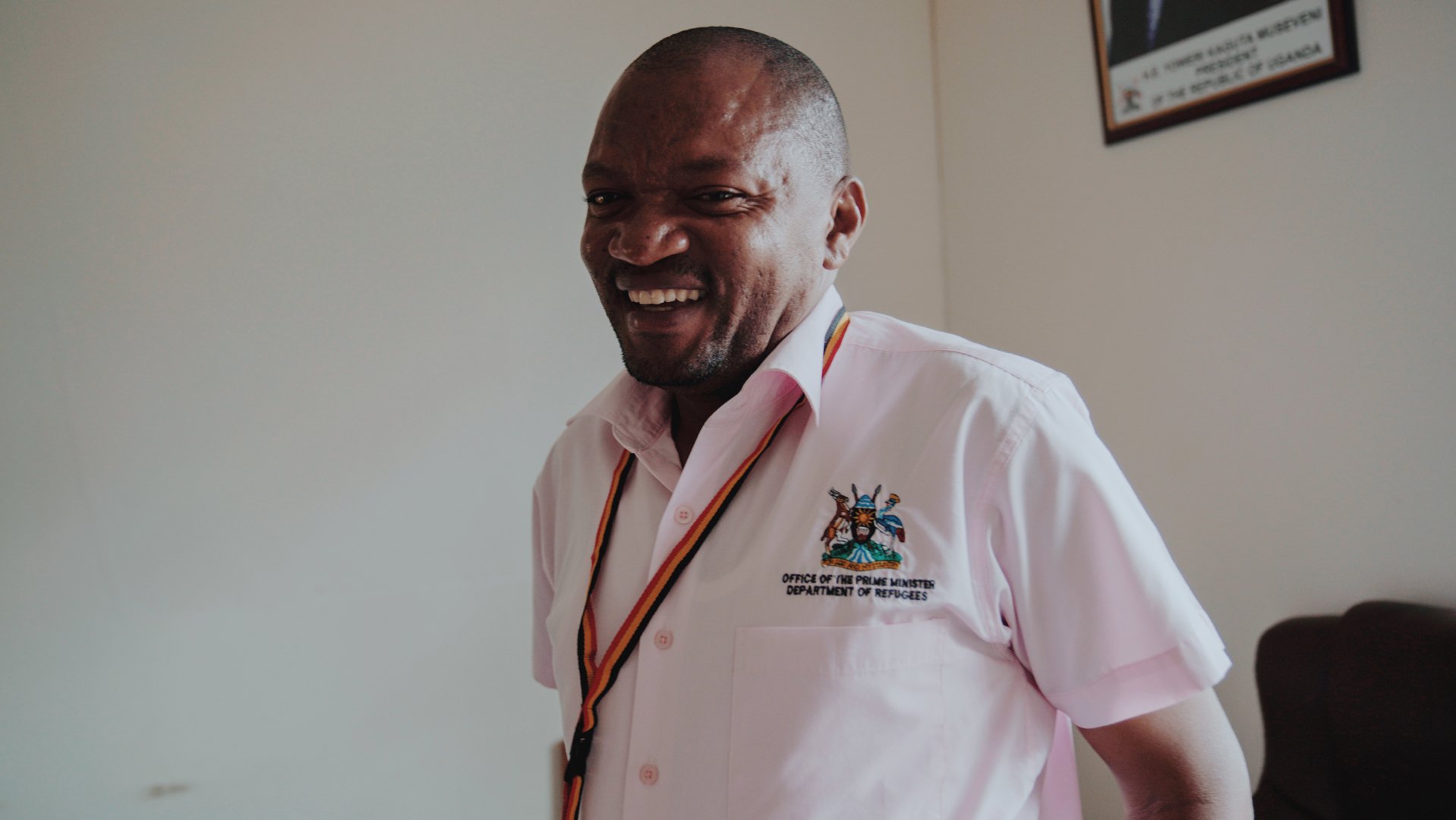
Robert Baryamwesiga. Settlement Commandant Kyaka II Refugee Settlement.
Photo: Michael Jessurun
Vicious circle
With little to do, children often find themselves on the wrong path. Girls without an education or income fall into the hands of men who abuse them. Against payment, food and the promise of a better future, young women regularly fall pregnant. Their partners often leave them and they are suddenly left looking after a child, with very few resources to support them. Sometimes the child is given to a grandparent so that the woman can find another partner. And the cycle starts again.
Psychosocial support
To tackle the situation, our projects in Kyaka II focus on protection and psychosocial support for refugee children and adolescents. This approach - in combination with educational activities – equips children with the tools they need to deal with their experiences. Over time, the children – many of whom have experienced acts of violence, the loss of loved ones or a difficult journey to camp - build resilience and begin a process of recovery. And, with it, the prospect of a brighter future.
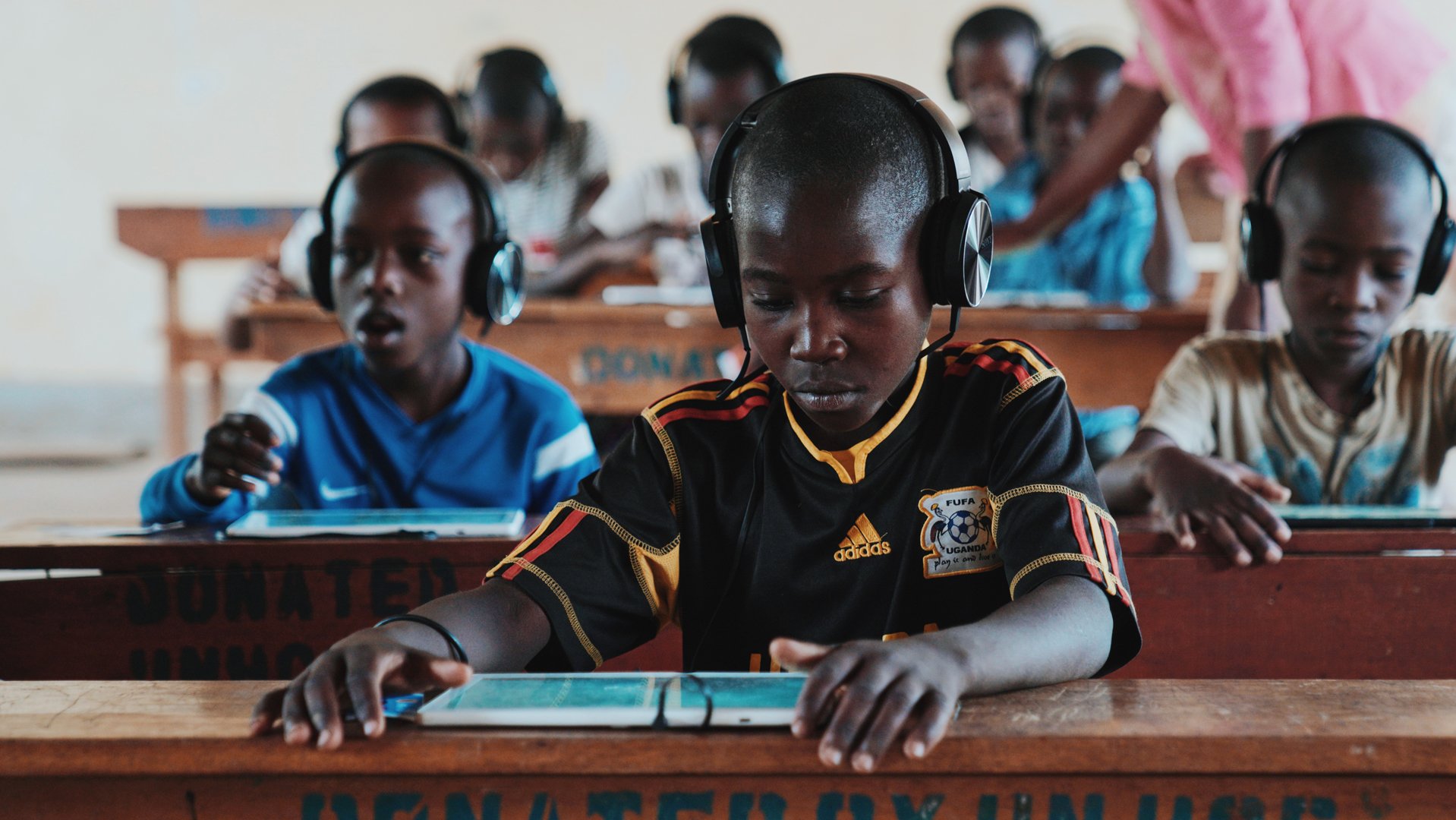
On our Can’t Wait to Learn programme, children learn how to read, write and count by playing educational games on tablet devices.
Photo: Michael Jessurun
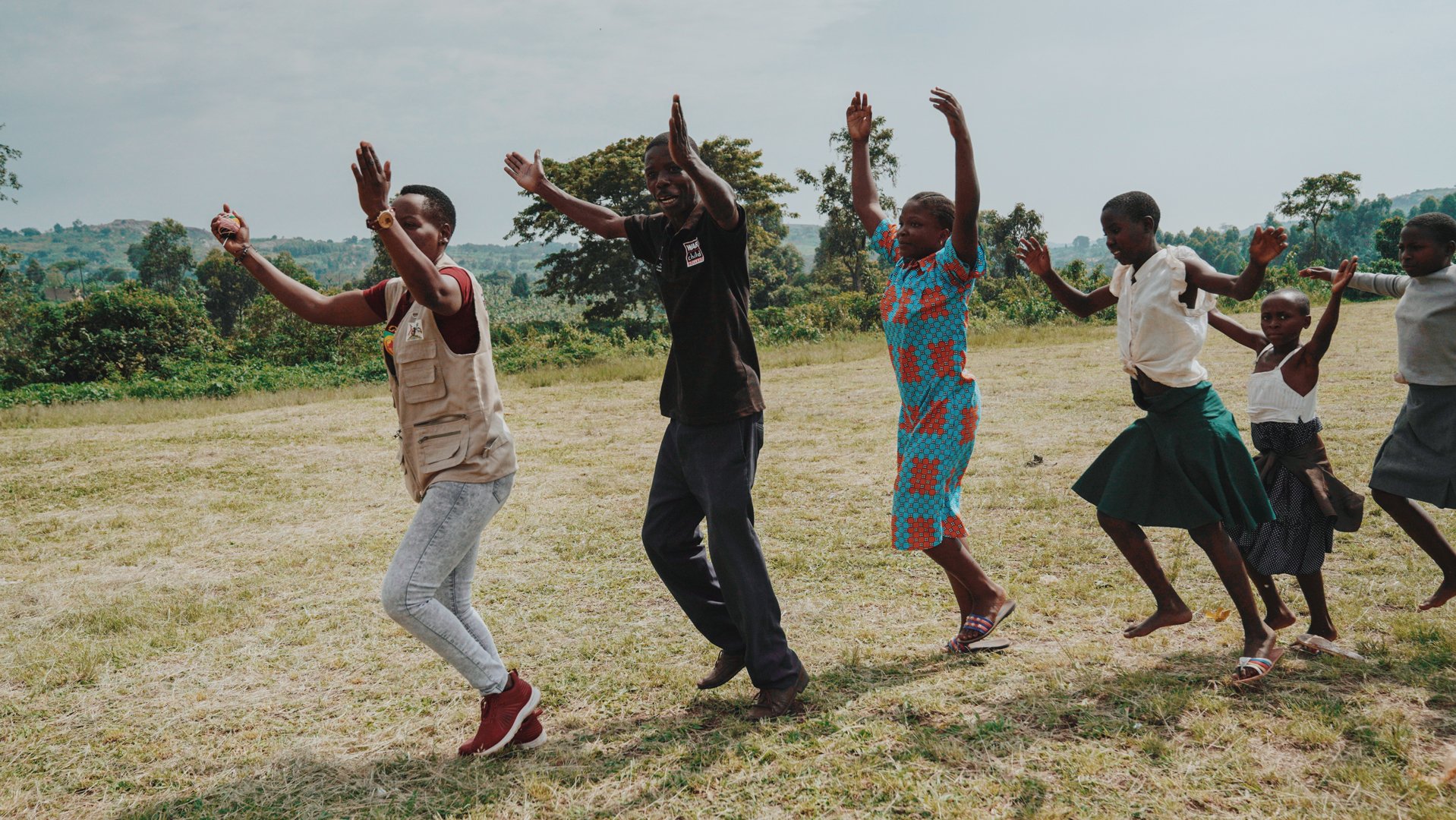
TeamUp is a movement-based approach that focuses on influencing children's thoughts, feelings and behaviour as well as strengthening social relationships and networks.
Photo: Michael Jessurun
Global call to action
Lack of psychosocial support for refugee children is a global problem. A situation that is hard for Robert to comprehend: "When soldiers return from war, they receive psychosocial help and support in rehabilitation. Why not those who have also experienced war?" That’s why War Child is renewing its focus on interventions designed first and foremost to improve the mental health of children in situations of deprivation and armed conflict. Not only in Uganda but worldwide.
What else is War Child doing to support children’s mental well-being in conflict-affected settings? Read more about our recent work in this field.
